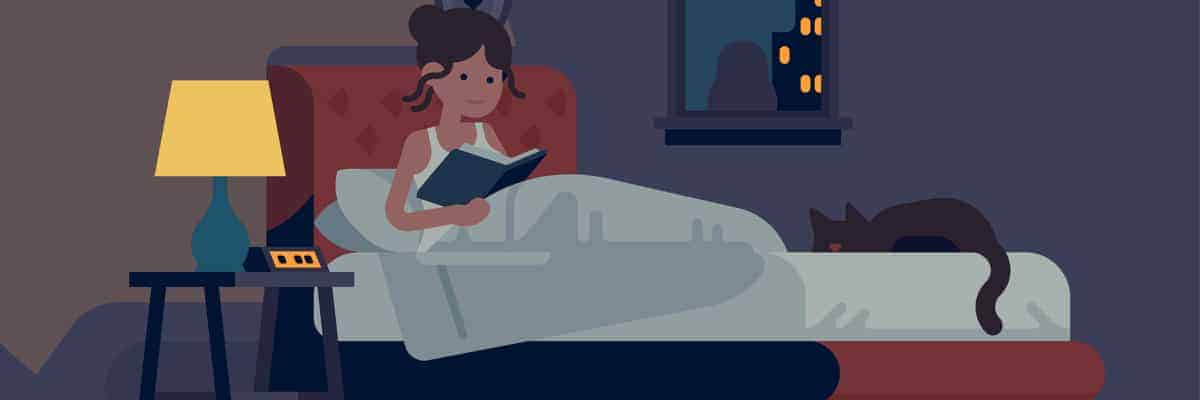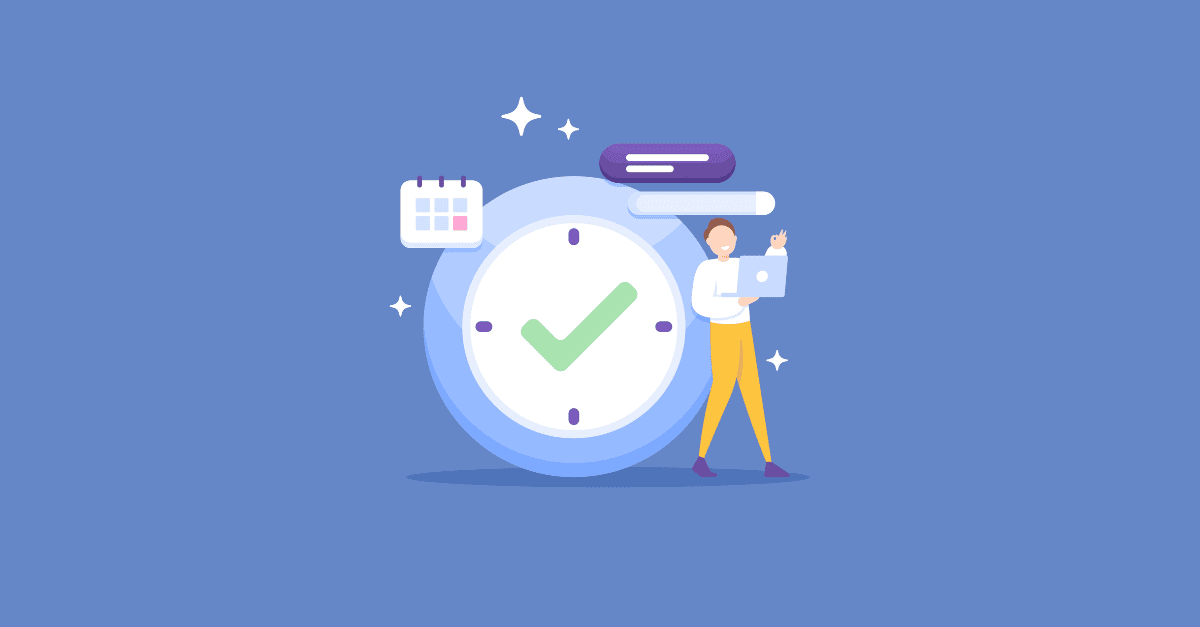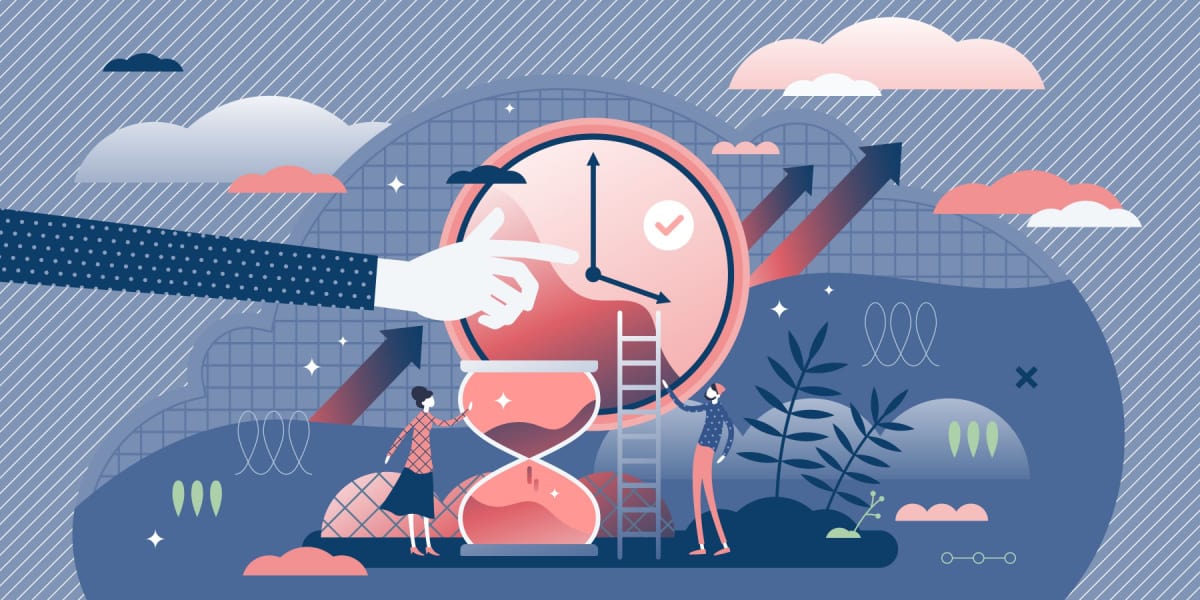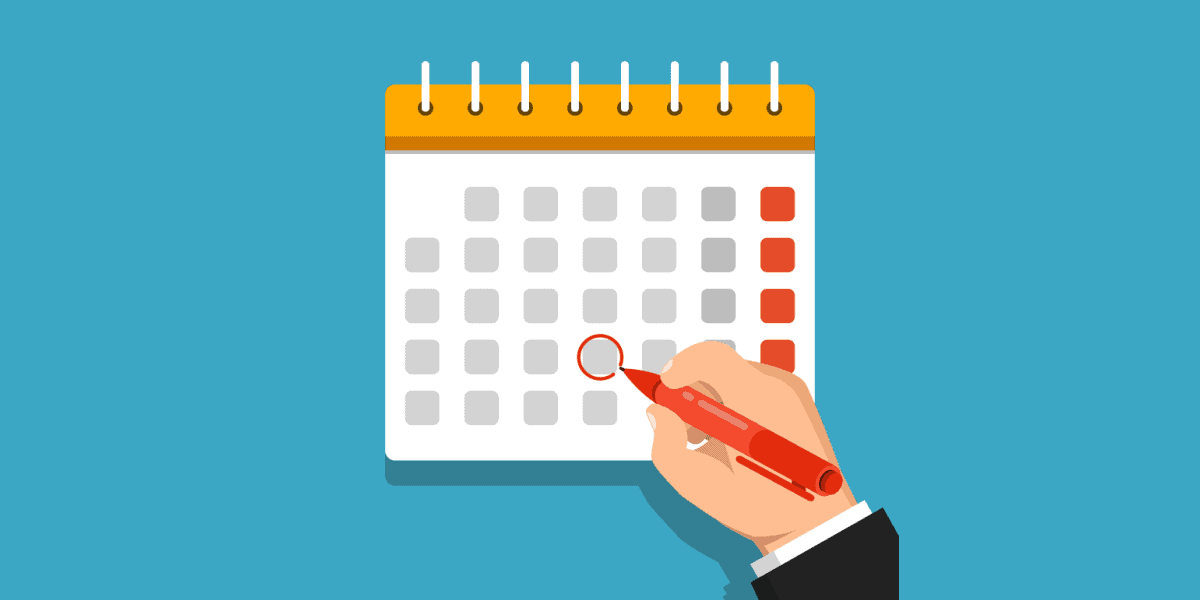
Boost Sales with Better Sleep
Written By: Jeff Kahn
What sales leaders need to know about the connection between sleep and productivity and how to get more of both.
Even before the uncertainties of the COVID-19 pandemic, Americans were under-slept.
A large body of research shows we were quite unproductive as a result.
During the current crisis, we face even more threats to both sleep and productivity: anxieties keep us up at night, while distractions working from home, burnout from a lack of boundaries between our professional and personal lives, and the cognitive overload of Zoom all curb our focus.
Now, more than ever, it’s imperative to understand the connection between sleep and productivity.
The Science of Productivity
There’s a deep body of research on the negative effects of sleep deprivation on mental processing.
The prefrontal cortex area of the brain, which directs what psychologists call “executive functioning”, has been found to be particularly impaired by a lack of sleep.
Problem solving, reasoning, organizing, inhibition, planning, and executing plans – processes essential to performing our jobs – are all the domain of the prefrontal cortex.
It is true basic motor and visual skills decline when people are sleep deprived, but they do so not nearly to the same extent as these higher-order mental skills.
And the more sleep deprived you are, the worse the consequences.
This is the concept of Sleep Debt – how much sleep you miss, or owe your body, relative to your sleep need over the course of 14 plus days.
The bigger the debt, the worse the impact on how you perform your job.
Yet, when organizations think of ways to make their teams more productive, more regular sleep is rarely the answer.
How Your Team’s Sleep Debt Impacts Its Productivity
The last 100 years of sleep science includes tens of thousands of studies on the direct impact of sleep debt on workplace performance, and the implications are becoming harder to ignore.
Deloitte, the multinational professional services network, has escalated sleep deprivation to a “business issue”, supporting the scientific community’s findings that “people’s ability to learn, concentrate, and retain information is greatly impacted by how well-rested they are.”
This remains the case regardless of remote work practices or the status of the COVID-19 pandemic.
Indeed, rigorous academic research shows that sleep debt affects productivity in profound ways:
- Increases in cognitive lapses that reduce alertness and attention: Researchers found a 400% increase in mental lapses following one night of missed sleep – and the same result for participants who slept for 4 hours over the course of six nights.
- Increases in response times and increased errors in tasks that require sustained attention, especially under time pressure and as task duration lengthens. Research has tied sleep deprivation to an 11% increase in response times – equivalent to the increase you would see from someone with a 0.8 BAC (the threshold at which you’re deemed legally impaired).
- Difficulty learning new information and acquiring new skills, with a decreased likelihood to revise and adapt strategies in response to failures. Researchers have found one night of sufficient sleep improves motor learning task speed by 20% and accuracy by 39%.
- Degradation of working memory: When you sleep at night, cerebrospinal fluid and slow-wave activity both help flush toxic, memory-impairing proteins from the brain. Research has found a 40% reduction in the ability to form new human memories under conditions of sleep deprivation.
- Fewer insights: Sleep, by restructuring new memory representations, facilitates the synthesis of your day. Researchers found 2x as many subjects gained insights after 8 hours of sleep than after wakefulness.
- More sick days: Sleeping less than 7 hours a night has been found to make you 300% more likely to catch the common cold. Direct costs due to sickness absence could decrease by up to 28% if a workforce gets sufficient sleep.
Worse, sleep debt can have negative consequences for traits and habits that foster team collaboration and morale, including:
- Increased likelihood to use a negative tone of voice. Decreasing sleep debt by 8 hours reduces negative vocal emotions by up to 67%.
- Emotional irrationality: Sleep deprivation leads to a 60% amplification in emotional reactivity.
- Less empathy: Decreasing sleep debt by 8 hours increases empathic response by 30%.
- Difficulty reading emotions
- Increased risk taking
- Unethical behavior
It’s actually possible to measure the productivity costs of sleep debt in dollars and cents.
In an 8-month controlled trial we ran with a Fortune 200 sales team, sellers using Rise increased key activities as their sleep improved.
Outbound calls increased by 50%, while overall revenue increased by 14%.
When you assume roughly 70% of your salesforce is under-slept, it’s easy to see how fatigue-related productivity losses add up quickly.
Why We Fail to Make the Connection Between Sleep Debt and Productivity
So why don’t organizations prioritize sleep?
Caffeine may be one reason, since we can use it to counteract low levels of wakefulness.
But this use ultimately boomerangs, as caffeine negatively impacts that night’s sleep, triggering a vicious cycle.
The more insidious reason leaders don’t focus more on sleep debt is we as humans tend to underestimate just how underslept we are and how impaired our performance really is.
Indeed, sleep researchers have wondered, if sleep is so important to our daily performance, then why don’t we realize it?
What they’ve found consistently is significantly sleep-deprived individuals repeatedly rate themselves subjectively as only moderately sleepy.
In “Why Six Hours of Sleep Is As Bad As None At All” the author aptly describes the findings of seminal research: “Lack of sleep … apparently tricks you into thinking you’re an office all-star. People who slept just six hours per night for two weeks functioned as poorly as if they’d gone without sleep for 48 hours—yet they thought they were performing at the top of their game.”
How to Improve Your Team’s Productivity Through More Sleep
The good news is some organizations appear to be changing their tune. Google and Goldman Sachs cover healthy sleep in employee trainings.
Aetna actually pays its employees about a buck for every night they sleep seven to nine hours.
We at Rise Science are seeing an uptick in companies prioritizing sleep for improved productivity outcomes.
The even better news is that improving our sleep—and reaping the rewards for productivity—is in our control (unlike much of the current moment).
Managers and other organizational leaders can encourage their teams to harness the benefits of regular sleep.
Not sure where to start?
Research shows that simply giving employees more control over their schedule, without even directly influencing their sleep, has lasting benefits.
But there are also ways you can explicitly prioritize sleep for improved productivity outcomes.
These fall into three main categories: awareness, environment, and behavior:
-
Awareness:
In addition to knowing (and minimizing) your sleep debt, it helps to understand your circadian rhythm. Together the two comprise the “Two Process Model of Sleep Regulation.” Your body’s natural circadian rhythm drives your daily energy ebbs and flows over the course of the day. Empowering team members to control their sleep debt, as well as schedule their day according to natural peaks and dips in their energy unlocks new levels of focus.
-
Environment:
To fall asleep and stay asleep, make your bedroom like a cave. In other words, cool, dark, and quiet. Encourage employees to set the thermostat to between 65 and 68 degrees Fahrenheit, ensure their rooms are dark enough that they don’t know when the sun comes up (we recommend a mask), and wear ear plugs.
-
Behavior:
Modifying behavior throughout the day can also help a team member to fall and stay asleep, leading to increased productivity the next day. In the morning, get natural sunlight first thing and be active. During the day, stop drinking caffeine as early in the day as possible, or altogether. Be calculated with naps. it’s best to keep them to 15-20 minutes or a full sleep cycle (90 minutes) and avoid napping too late in the afternoon. By evening, you should avoid late large meals, limit alcohol, and block blue light (we recommend these orange glasses).
If all this sounds like a lot, consider the alternative: less focus, decreased memory and learning, irritability, and a cut to your bottom line.
A lot is uncertain right now, but the need to run a business remains.
If you’re looking for tools and tricks to stabilize your team’s productivity, why not start with the one that is a certainty?
Sleep is the most important investment you can make.
About the author
Jeff Kahn
Jeff Kahn is Co-Founder and CEO at Rise Science. Rise works with sales organizations to…
Get FREE Sales Training Delivered to Your Inbox
Join more than 360,000 professionals who get our weekly newsletter.
Related Articles

Learn Online
Self-paced courses from the
world's top sales experts

Virtual Training
Live, interactive instruction in small
groups with master trainers

Coaching
One-to-one personalized coaching
focused on your unique situation






